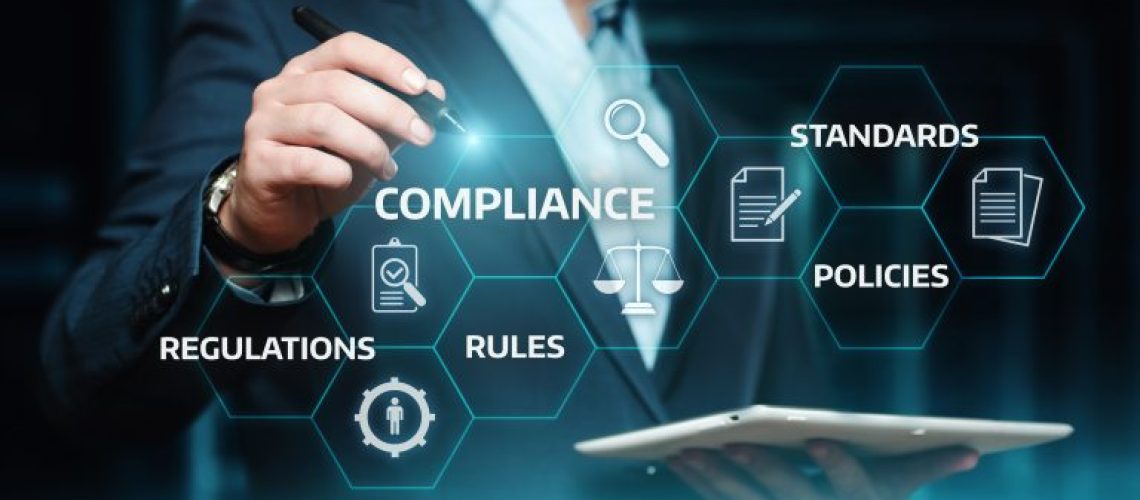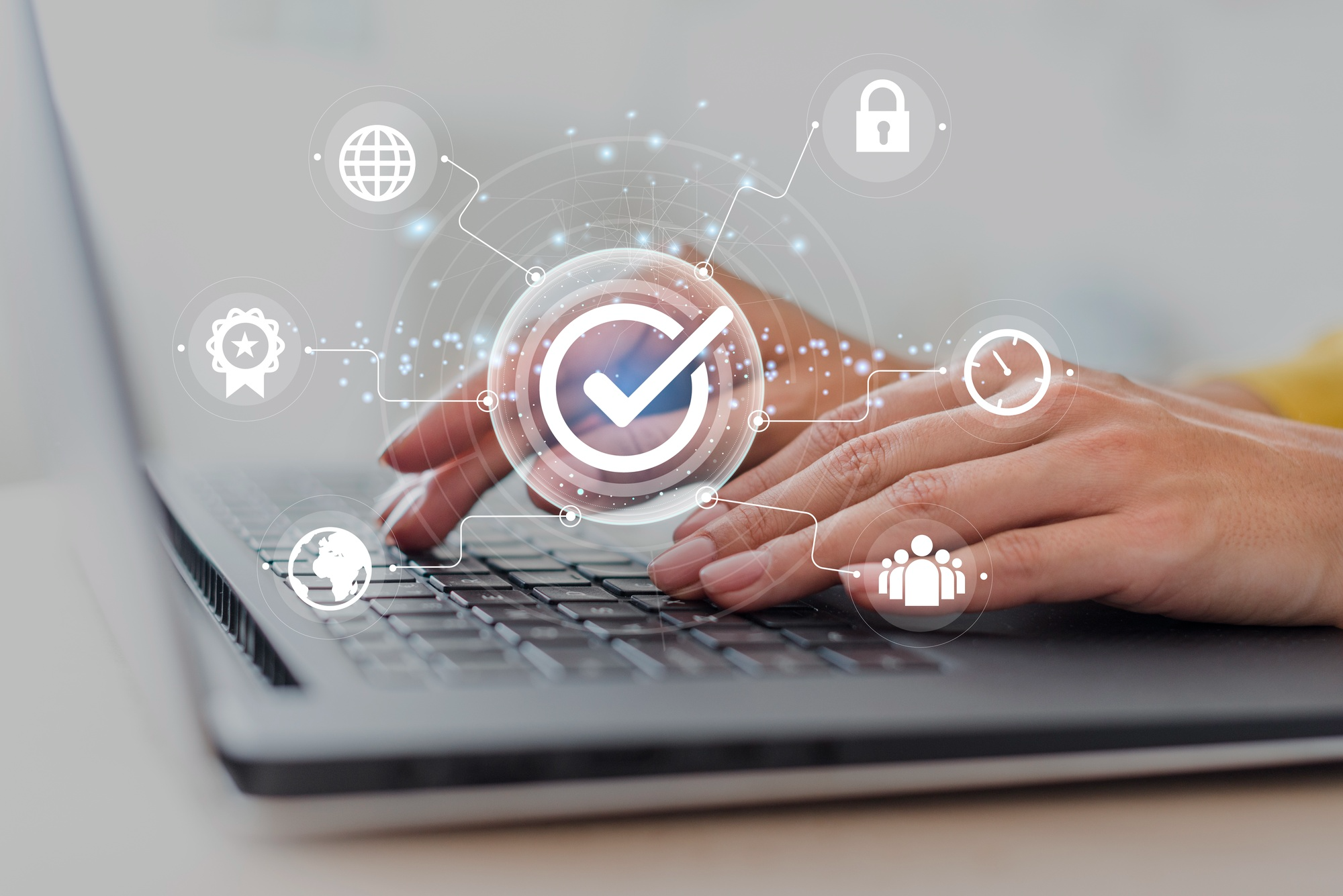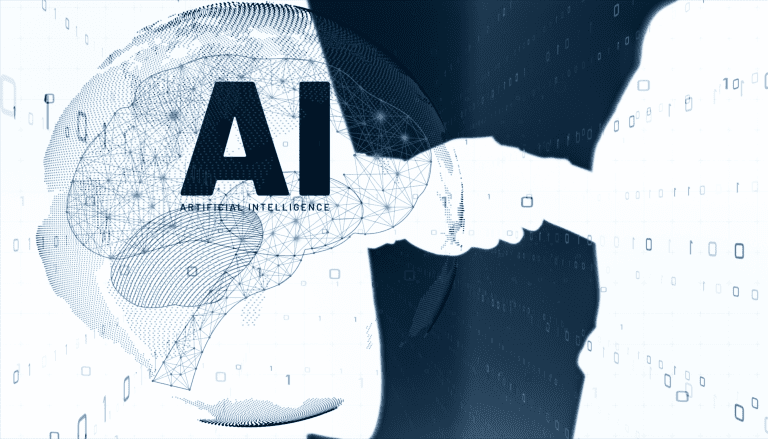In today’s data-driven workplace, employee privacy is no longer a back-office issue — it’s a frontline concern for HR leaders. While compliance with privacy regulations like GDPR or POPIA is essential, it’s just the beginning. The real challenge lies in building an organisational culture where privacy is treated not only as a legal requirement, but as a core ethical value.
The growing digitisation of work and the increasing use of employee monitoring tools have made data protection a strategic priority. It’s not enough to simply have a privacy policy on file. Ethical handling of employee information must be embedded into every HR process, from recruitment to exit interviews.
HR professionals have an opportunity — and a responsibility — to go beyond compliance. By cultivating a privacy-respecting culture, they can strengthen employee trust, reduce risk, and demonstrate values-based leadership in a complex digital world.
Rethinking Compliance as a Floor, Not a Ceiling
Compliance standards offer vital guidance for data handling. Laws like GDPR and similar frameworks help ensure that personal data is processed legally, fairly, and transparently. But they are only the baseline. Ethical HR leadership goes further by asking: what is the right thing to do, even when the law is silent?
Too often, organisations view compliance as a checkbox exercise. Policies are written, training is delivered once a year, and audits are conducted — but the culture remains unchanged. This surface-level approach can leave serious ethical blind spots when it comes to employee data.
To truly embed privacy into HR culture, organisations must shift their mindset. Compliance should be seen as the floor — the minimum threshold — while ethics define the ceiling. Ethical privacy practices focus on respecting employee autonomy, dignity, and expectations, not just avoiding fines.
Why HR Is Central to Ethical Data Practices
HR departments handle the most sensitive employee information in the organisation — from health records and disciplinary actions to performance reviews and family details. That data must be protected not just technically, but ethically. HR professionals are uniquely positioned to lead the charge.
As stewards of culture, HR leaders influence how data is collected, shared, and discussed. They help shape organisational attitudes toward privacy and trust. When HR treats privacy with care, the rest of the business tends to follow.
Ethical leadership in this space is about more than compliance. It means applying empathy to data management and making decisions based not only on what’s permitted, but on what honours the human beings behind the information. Trust grows when employees see that their data is valued, not exploited.
Turning Policy into Everyday Practice
Written privacy policies are necessary, but they mean little without consistent, ethical execution. Employees don’t assess privacy based on internal policy documents — they notice how their data is handled day to day. Culture is built through consistent behaviour, not one-off statements.
One important principle to adopt is radical transparency. HR should clearly explain what employee data is collected, why it’s needed, who can access it, and how long it’s stored. When employees understand the rationale, they’re more likely to view data practices as fair.
Another crucial concept is data minimisation — only collect what’s necessary. Avoid unnecessary data points just because technology makes it easy. Ethical restraint shows respect for employees and reduces your exposure to unnecessary risk.
Embedding Privacy by Design into HR Processes
“Privacy by design” is a proactive approach that integrates privacy considerations into processes from the outset, rather than bolting them on later. For HR teams, this means embedding privacy protections directly into systems like onboarding, performance reviews, or exit processes.
Start by reviewing onboarding forms. Are you asking for more information than necessary at the early stage? Streamlining data requests not only simplifies the experience but reduces risk. Clarity and necessity should guide every question asked.
When implementing HR technologies — whether performance management tools or wellness platforms — it’s essential to vet vendors for data ethics. Do third-party providers use the data responsibly? Have they committed to ethical AI use? Responsibility doesn’t stop at procurement.
This proactive integration of privacy into daily operations is not only more effective than reactive compliance but signals to employees that their dignity is valued at every step.
Educating Managers and Empowering Employees
Culture change depends on people — and education is key. Line managers and HR teams need training that goes beyond legal frameworks to explore practical and ethical scenarios. Real-world dilemmas often require judgment calls, not just policy interpretation.
For example, what should a manager do if an employee discloses a mental health condition? How should sensitive feedback be recorded? Scenario-based training helps leaders navigate these grey areas with greater sensitivity and confidence.
Employees, too, must be empowered. HR can help them understand their rights and how their data is used. This includes offering simple opt-outs where possible and explaining consent in clear terms. Confidential channels for questions or concerns help foster psychological safety.
With more remote work and digital flexibility, employees are increasingly seeking tools to protect their own privacy. Many now ask about the best way to stay anonymous online with FastVPN, especially when working from public Wi-Fi or in co-working spaces. HR can offer guidance on responsible technology use to enhance digital wellbeing.
Finding the Balance Between Technology and Trust
HR leaders are navigating a complex digital landscape. AI, analytics, and monitoring tools offer tremendous efficiency gains — but also introduce ethical challenges. It’s easy to cross lines when tools collect granular data on employee behaviour or sentiment.
Just because a tool can collect data doesn’t mean it should. Ethical oversight is essential to avoid overreach. Any monitoring — whether time tracking or behavioural analysis — should be guided by the principles of purpose, proportionality, and consent.
HR should lead in evaluating whether a tool supports or undermines trust. That includes recommending privacy tools where appropriate. For example, remote teams may benefit from the top Fast VPN on Windows for secure browsing, ensuring protected access to internal systems while travelling or working from home.
Digital tools must serve employees, not monitor them into compliance. Balance is achieved when technology supports productivity without compromising dignity.
Responding to Data Breaches with Transparency
No organisation is immune to data breaches — even those with robust systems. The real measure of ethical culture is how leadership responds when something goes wrong. A transparent, human-centered approach makes all the difference.
When a breach occurs, inform affected employees quickly and honestly. Explain what happened, what it means for them, and what actions you’re taking. Offering support, like credit monitoring or identity theft protection, shows you take the impact seriously.
After the immediate response, conduct a detailed review. What failed? What can be improved? Sharing the findings and updating practices reinforces a culture of continuous learning and accountability.
Employees are forgiving when organisations own mistakes and take clear steps to fix them. Ethical recovery turns a risk into an opportunity for deeper trust.
Creating a Lasting Culture of Ethical Privacy
Privacy isn’t a project — it’s an ongoing commitment. HR teams must continuously evaluate how privacy principles are practiced across departments and over time. This includes measuring impact, collecting employee feedback, and reporting progress.
Survey your workforce regularly. Do employees feel informed about how their data is used? Do they trust that their privacy is respected? Honest feedback uncovers blind spots and helps you evolve your strategy.
Ethical privacy practices also extend to personal devices. With mobile-first work on the rise, many employees are choosing the best VPN for Android phones to protect their data while accessing work systems on the go. Supporting this kind of privacy-conscious behaviour aligns with broader HR goals.
When privacy is part of your values, not just your policies, it becomes embedded into how people work, lead, and decide — and that’s how culture is built to last.
Conclusion: Leading with Ethics in the Digital Age
The role of HR has evolved from compliance monitor to ethical leader. Privacy, once the domain of legal teams, is now a defining aspect of the employee experience. Organisations that embed ethical privacy standards into their HR culture position themselves as employers of choice.
This isn’t about avoiding penalties. It’s about leading with conscience, earning trust, and respecting the people behind the data. Employees today want to feel safe, not just legally protected, but personally respected.
In an age of constant connectivity and rising expectations, HR’s ability to champion ethical privacy is not just strategic — it’s essential. Go beyond compliance. Lead with integrity. Your people — and your reputation — depend on it.
Guest writer




























